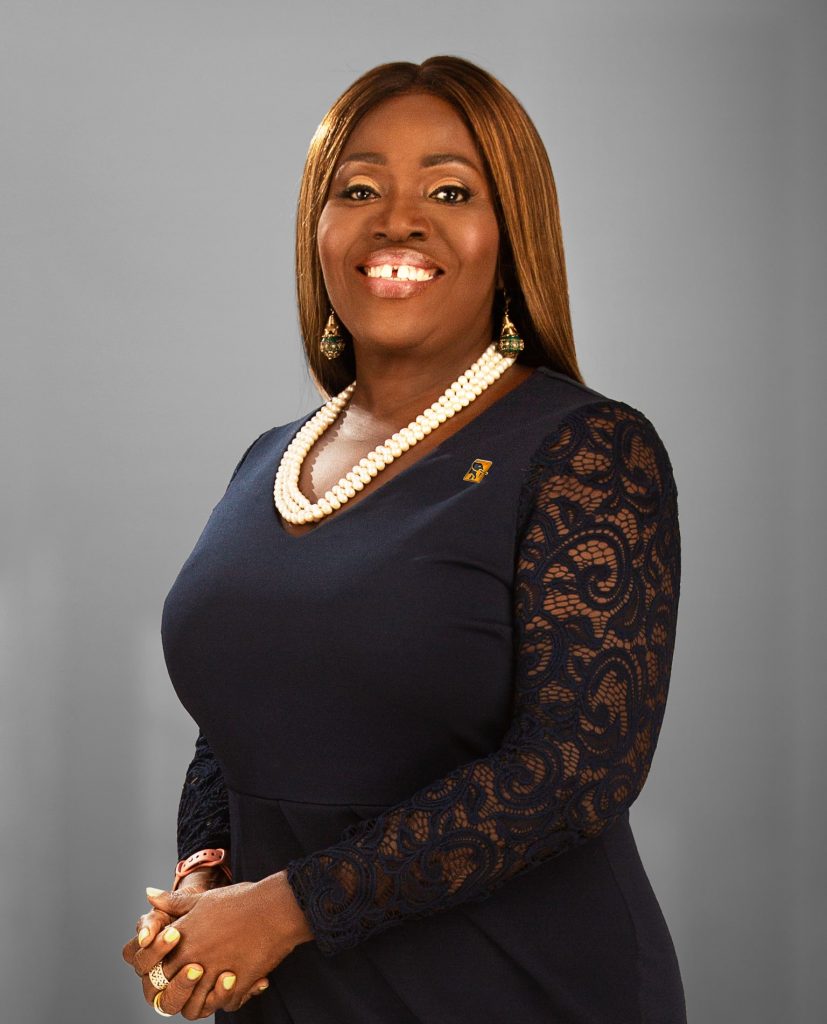
Getting the best out of 2022 and beyond --Springboard sets Agenda 2032
In a bid to get the best out of 2022 and the years ahead, the Springboard, Your Virtual University has set out on an agenda which seeks to get its listeners to plan for the next 10 years.
Known as “Agenda 2032”, it is meant to challenge listeners to craft a plan for the next 10 years, taking into consideration some key areas.
The key areas include personal leadership in the area of the profession; entrepreneurship; spiritual; financial; social-political and health.
Helping unpack these key areas, a Human Resource Consultant, Ms Rosie Ebe-Arthur, said the areas were in line with global thinking.
“I have been thinking about the same areas, but I broke them into four, which are Intelligence quotient, emotional quotient, social quotient and adversity quotient.
“Intelligence quotient is about intellectual curiosity. So how are we building that, how are we learning our new skills, how are we preparing for the future? I don’t look at intelligence only as what is the score, but how we are actually applying this to be the best we can be,” she stated.
She pointed out that in 10 years one could get a first degree, master’s and PhD, and in those same 10 years, another could get married and have children.
She said both depended on the plans of each of the two.
Being deliberate
Mrs Ebe-Arthur said successful people were deliberate about what they wanted to achieve, which set them apart from others.
“Sometimes we wonder what the difference between one person becoming extremely successful and the other person probable of the same skill set not being successful is. This is about being deliberate about your planning, understanding or having a clear vision of where you want to be, using a decade to plan,” she explained.
She said using a year or two to plan was too short, which was why organisations normally had five to 10 years strategic plans.
“This gives the room to build skills and deliver on their goals,” she noted.
She noted that being deliberate meant one had to consider the resources and skills that would be needed to enable them to achieve their goals.
Success is not a straight line
Ms Ebe-Arthur, however, noted that success was not a straight line and, therefore, having a plan did not mean there would be no challenges.
She said the ability to overcome those challenges and learn from them was what would guarantee success.
Using her life as an example, she said she would have gone further if she had a 10-year plan when she was young.
“I didn’t have a 10-year plan when I set out. I learnt along the way. But there was a time when I sat down and looked at the last 10 years and I realised how much further I could have been if I had a 10-year plan in place.
“I would have had something to anchor to but I was just moving along and doing the best I could,” she pointed out.
Changing world
Commenting on how difficult having a long-term plan was due to the fast changing world, Ms Ebe-Arthur said uncertainty was not an excuse not to plan long term.
She said it would, however, be foolhardy for anyone to assume that all his long-terms plans would come to fruition.
“But that doesn’t mean you should focus on the short term either. You need to plan the big dots and as you go, you find a way to connect those dots even in the face of uncertainty.
“In our plans, we must look at scenario planning by including the ‘what ifs’. This is very critical in the fast changing world,” she stated.
Building blocks for professional life
On what should be the building blocks for an individual’s professional life, Ms Ebe-Arthur said it was important to first understand the context of the current world.
“Within that, you need to plan for your future self, taking into consideration what are new jobs that have emerged and look at how that plays a role in the journey that you have set out.
“You should look at where the opportunities are and what kind of jobs you should be focused on, while also looking at how technology is going to impact on your chosen profession,” she explained.
She said individuals also had to look at their skill set and determine whether they needed to upscale or rescale to stay relevant in the future.
“Rescaling is a bit difficult because it means you may have to change direction and go back to the drawing board,” she said.